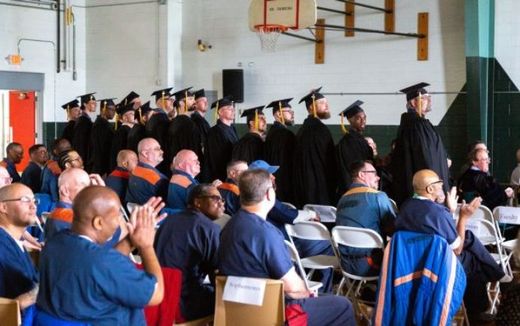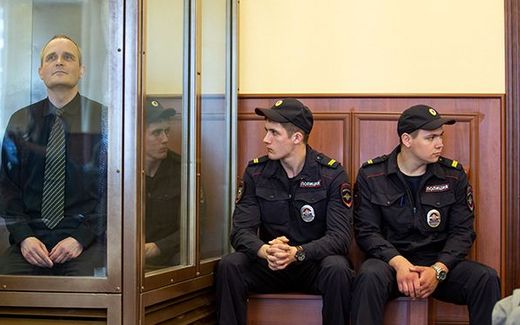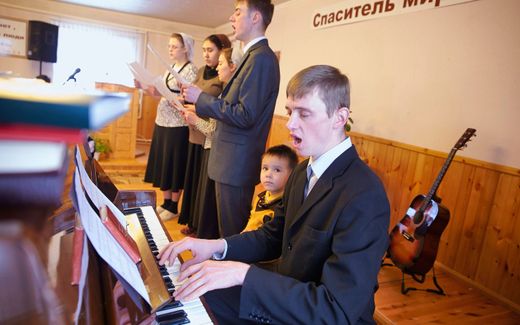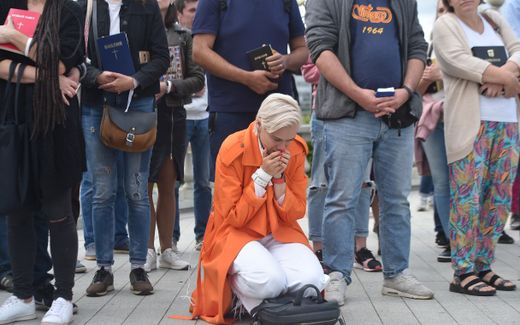UN criticises Sweden for lack of care for prisoner's children
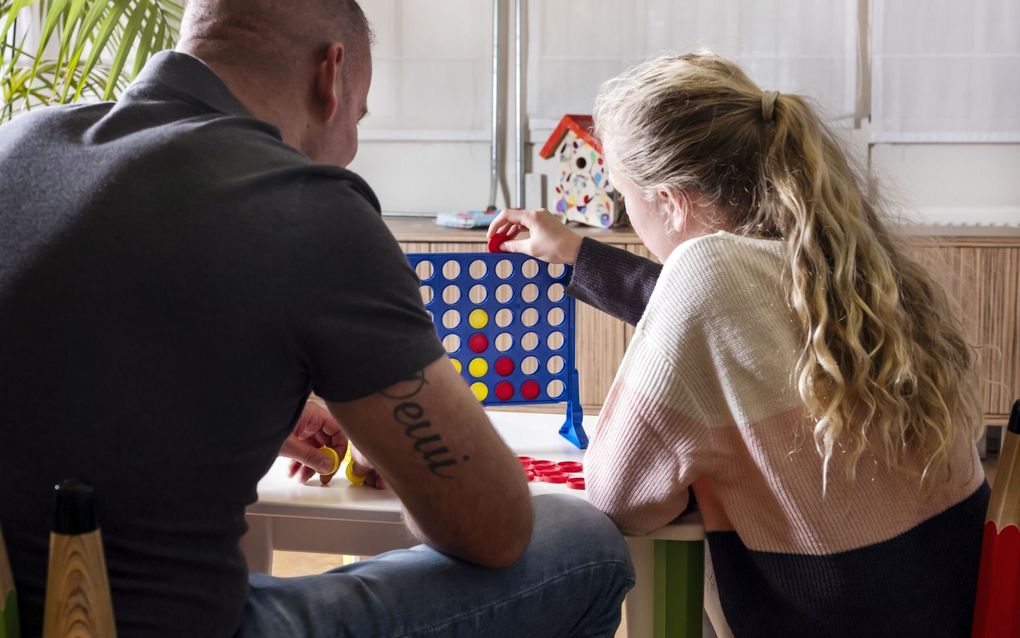
Detainee plays games with his daughter. Photo Facebook, Exodus Nederland
Northern Europe
Sweden does not provide adequate care for children of detainees, says the United Nations. About 79 per cent of the municipalities fail to meet the rights of these children established in the Convention of the Rights of the Child.
The United Nations met in Geneva in January. There they talked about the situation of children with a parent in prison after several Swedish organisations published a report called "Hear the children's voice", on the topic. According to the UN, the country takes insufficient measures to help these minors.
Children whose parent is imprisoned need help, for example, with practical things, Dagen writes. For instance, they need opportunities to call, financial support to travel to see their parent who might be placed in a prison far away, but also conversational support to deal with psychological challenges.
Calculations
The United Nations recommend Sweden strengthen the capacity of municipalities to provide information to children of detainees and improve support for maintaining contact with family members who are in prison, the Swedish organisation Bufff writes in a press release. Bufff is an organisation that propagates the rights of children of prisoners.
Together with the organisations Solrosen and Erikshjälpen, Bufff drafted reports on the situation to be discussed by the United Nations.
They showed that municipalities differ in their support for children of detainees, Dagen writes. In 2018, a survey showed that up to 79 per cent of the municipalities could not help these children. About 94 per cent even lacks the means for preventive activities and outreach to children with parents in prison. Previous calculations said that about 30,000 children in Sweden have a parent in jail, but these numbers are old, Birgitta Johansson from Erikshjälpen says to Dagen.
Visibility
The report also demonstrates that children of detainees do not feel heard. Therefore, Johansson pleads for more visibility for this group. "They are not angry because a parent has ended up where they are. But they do ask: "Are we the ones to be punished?", she tells Dagen. Johansson also heard from children that mental support means a lot to them. "There are very divided feelings around the issue. Can you love a parent who may have committed a murder? It is important for the children to be able to talk about their situation because they often get quite lonely."
Velina Todorova, an expert on children's rights at the UN Committee on the Rights of the Child, says that children also request more information about the situation of their parents and advice on how to deal with stigma and trauma they may experience themselves, Erikshjälpen writes in a press release.
Cooperation
According to Johansson, sufficient support for parents and children reduces the risk of future problems for children, such as ending up in the criminal world themselves. "We look forward to concrete measures for children, detainees and continued cooperation between civil society and the Swedish government so that all children have their rights met."
Related Articles


